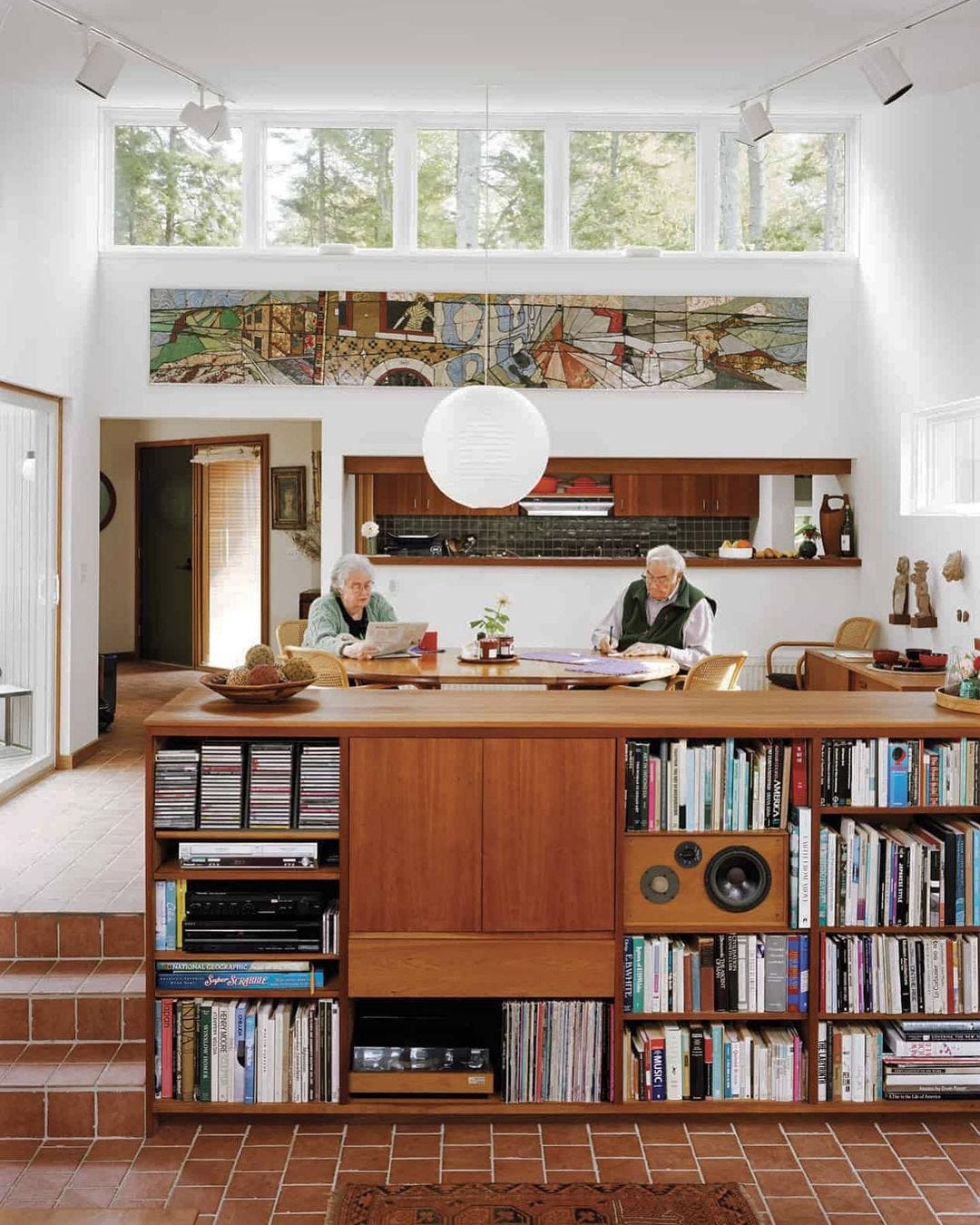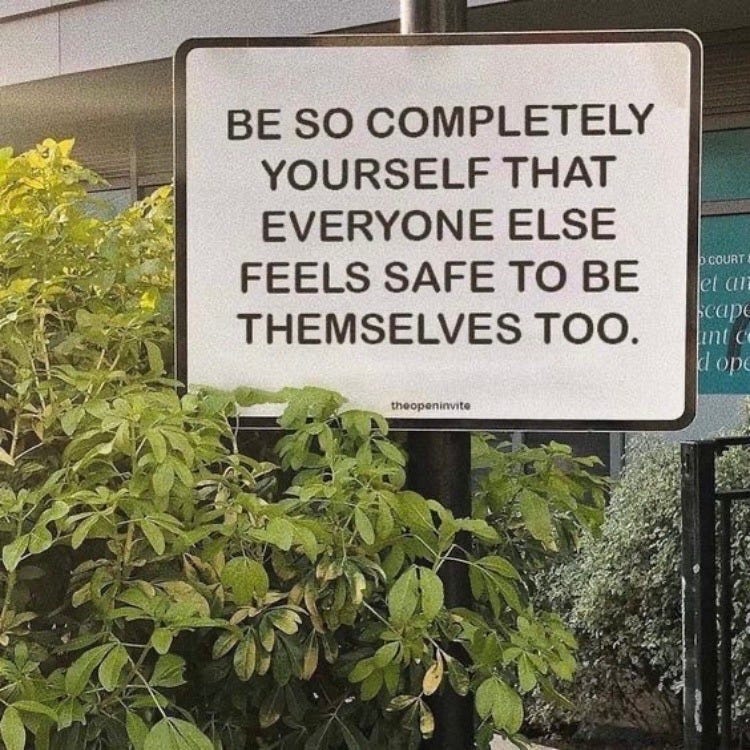#61: seeking clarity
👋 Welcome to the 61st issue of Out of Curiosity, a weekly newsletter promoting ideas to help get 1% better everyday.
My name is Reza, and every week, I go through nearly 100 pieces of content (from books and podcasts to newsletters and tweets), and bring you the best in this newsletter.
In this issue:
💭 10 rules of philosophy to live by
🌅 Seeking clarity
🚀 Who Becomes an Entrepreneur?
🔗 etc. etc.
💭 10 rules of philosophy to live by
Philosophers – and I suspect all of us – tend towards one of two different objectives: clarity and certainty. I think that after more than two millennia of seeing which approach is more fruitful, it is clear, if not certain, that the clarifiers have won. One of the few certainties we have is that certainty of any interesting kind is rarely possible. If you seek greater clarity, on the other hand, new vistas open up.
Another reason to be suspicious of certainty is that it is seductive. For example, psychologists such as Elizabeth Loftus tell us that in court cases witnesses who express certainty about what they have seen tend to be believed more, but confidence is an unreliable indicator of accuracy. Certainty is also the friend of dogmatism, arrogance and fundamentalism. Those who seek it should be careful what they wish for.
🌅 Seeking clarity
I don’t think someone has to see the world the exact same way I do.
The way we each pay attention is as unique as a fingerprint.
Variation is healthy, and even desirable. But in people I’m always looking for an orientation towards beauty. If you don’t care about beauty, the choices you make are too ugly.
For me, beauty is a physical sensation, something we feel with our whole body. It is not the result of judgement. We do not arrive at it by way of rules. We either feel beauty or we don’t.
Jorge Luis Borges
🚀 Who Becomes an Entrepreneur?
The market misjudges you. Entrepreneurs may not be born but made. When employers underestimate (and undercompensate) a worker’s value, the rational decision for that person is to start a business of their own.
Those that experienced a larger number of professional roles were more likely to become entrepreneurs. Interestingly, moving between organizations decreased the probability of becoming an entrepreneur – the most likely to become founders took on multiple roles within the same organization. As Lazear explains, “It is not the case that entrepreneurs are those who cannot sit still.”
🔗 etc. etc.
💬 The future of search is conversations
📱 How would you design the next iPhone?
🛩️ The people who live inside airplanes
🗓️ See who was alive in a particular year
✨ One last thing…
👋 Until next week,
🗂
#60: desire to make something beautiful






